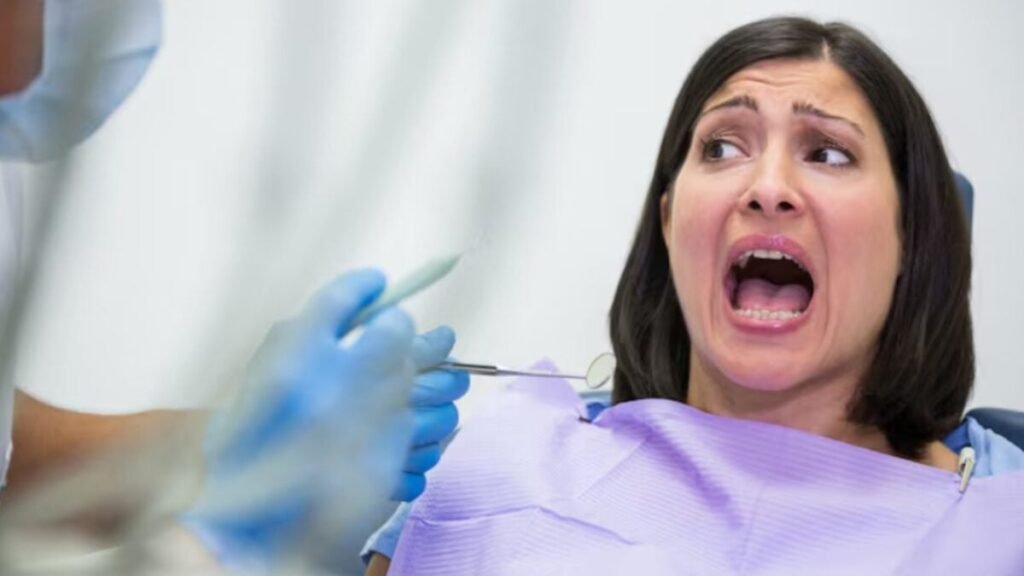One out of three young adults skips dentist visits: there’s more to it than meets the eye

Going to the dentist is not usually a favorite appointment for many people, but it is crucial to prevent major problems. A recent study from Tufts University in the United States reveals that a significant number of young adults are delaying this essential care. Factors such as unequal access, economic instability, and mental health play a role in why one-third of individuals under 35 avoid dental visits.
Young Adults, the Most Likely to Miss Out
According to the study, young adults between 18 and 35 are the most likely to go a whole year without visiting the dentist. This trend, as lead author Professor Yau-Hua Yu points out, goes beyond neglect and highlights structural barriers that impact overall health.
A Pattern that Goes Beyond the Mouth
The research shows that those who skip dental visits also tend to avoid primary care physicians, rely on emergency rooms, have more mental health issues, and forego treatments due to copay costs. This indicates that dental care is just one part of a larger pattern of healthcare exclusion.
The Weight of Economy and Housing
The analysis reveals that young renters and individuals without health insurance are the most likely to delay dental visits. Unlike older adults who may face physical barriers, younger individuals often deal with precarious jobs, low incomes, and frequent moves, putting dental care on the back burner.
Rethinking Oral Health as Integral Health
To address this issue, the study suggests integrating dentistry into healthcare services rather than treating it as a secondary concern. Recommendations include expanding public coverage, bringing dental care to community spaces, and promoting preventive visits to avoid emergency situations.
A Wake-up Call
In conclusion, the lack of regular dental visits among young adults is not just about aesthetics or hygiene—it is a reflection of social inequality. Integrating dental care into overall healthcare strategies can help prevent costly emergencies and promote effective prevention of serious health problems.






